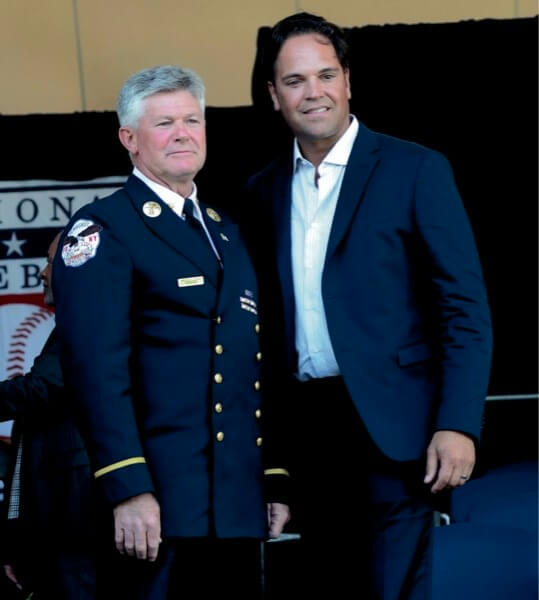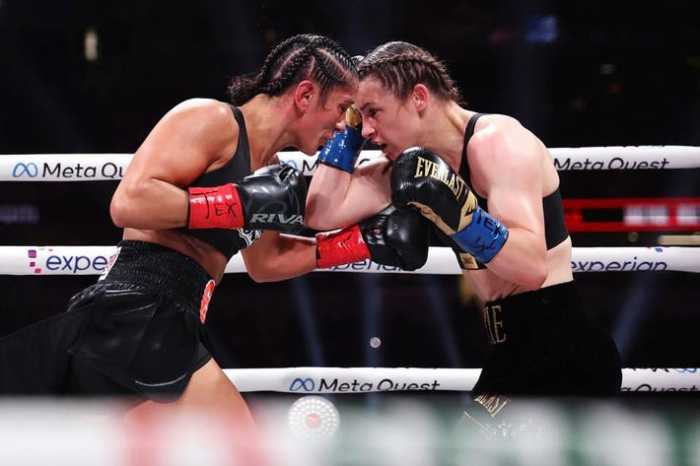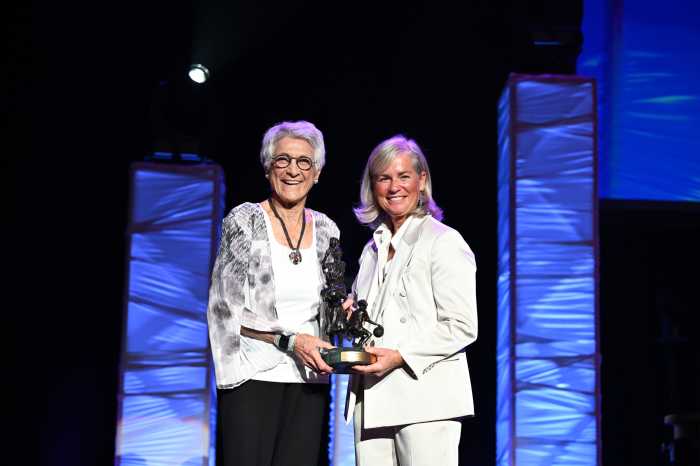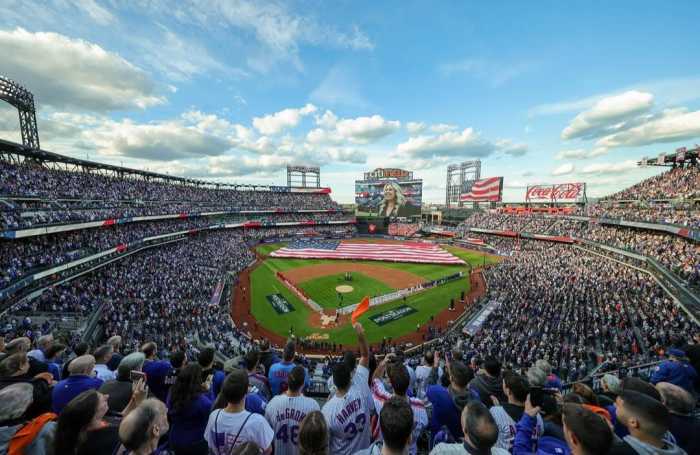By Laura Amato
Mike Piazza was selected in the 62nd round of the MLB Draft in 1988. That’s the 1,390th pick overall.
In 1988, every single front office in the MLB thought that there were 1,389 players who could possibly be better than Piazza.
It didn’t quite shape up that way. Fast forward to July 24, when Piazza’s illustrious career reached its pinnacle. The former Mets catcher was enshrined in Cooperstown, becoming the lowest draft pick ever to be inducted in the Hall of Fame.
“Cannot describe the feeling!” Piazza tweeted after the ceremony. “Thank you fans for a surreal day. Still haven’t hit the the ground!”
Piazza became just the second Hall of Famer to don a Mets cap on his Hall of Fame plaque, following in the footsteps of New York ace Tom Seaver.
Few players have meant more to a single franchise than Piazza meant to the Mets and while the catcher faced his fair share of career ups and downs—he briefly quit the game after struggling in the Dodgers minor league system—the challenges simply proved just how strong he was.
In fact, by the end of his career, Piazza may have proved himself to be the strongest catcher in the game—at least when it came to the power of his swing.
Over the course of his 16-year career, Piazza hit 427 home runs, including a major-league record 396 as a catcher. He was a 12-time All-Star and 10-time Silver Slugger Award-winner. He also finished in the top five of his league’s MVP voting four times.
But wait, there’s more.
Piazza recorded six seasons with at least 30 home runs, 100 RBIs and a .300 batting average. To put that in perspective, all other catchers in baseball history have combined to post nine such seasons.
Although it’s easy to be vaguely overwhelmed by the numbers Piazza put up throughout his career, most baseball fans—both casual and those dedicated to the blue and orange—remember him for one particular moment: a two-run homer in the eighth inning at Shea Stadium that lifted the Mets to a 3-2 win over the Atlanta Braves in the first sporting event in New York after Sept. 11.
“To witness the darkest evil of the human heart and how it tore many loved ones from their families will forever be burned in my soul,” Piazza said in his Hall of Fame speech. “But from tragedy and sorrow came bravery, love, compassion, character and, eventually, healing.”
Piazza was overcome with emotion during the speech, pausing several time to sniffle and dab at his eyes before the tears fell down his face. He was forced to stop all together at one point as the nearly 50,000 fans in Cooperstown drowned him out with “Let’s Go Mets.”
Piazza’s relationship with New York—and its fans—was never perfect. He was the first to acknowledge that Mets fans “didn’t take it easy on me,” but added that he is “better because of it.”
In the end, it was a relationship that defined everyone involved. Piazza is a Met for life now, enshrined with an “NY” on his cap and a sense of completion in his heart.
He was always the underdog, the player few believed in, who simply wanted to make his dad proud, but now he’s a Hall of Famer.
“Dad always dreamed of playing in the major leagues,” Piazza said. “My father’s faith in me, often greater than my own, is the single most important factor of me being inducted into this Hall of Fame. Thank you, Dad. We made it, Dad. The race is over. Now it’s time to smell the roses.”






































